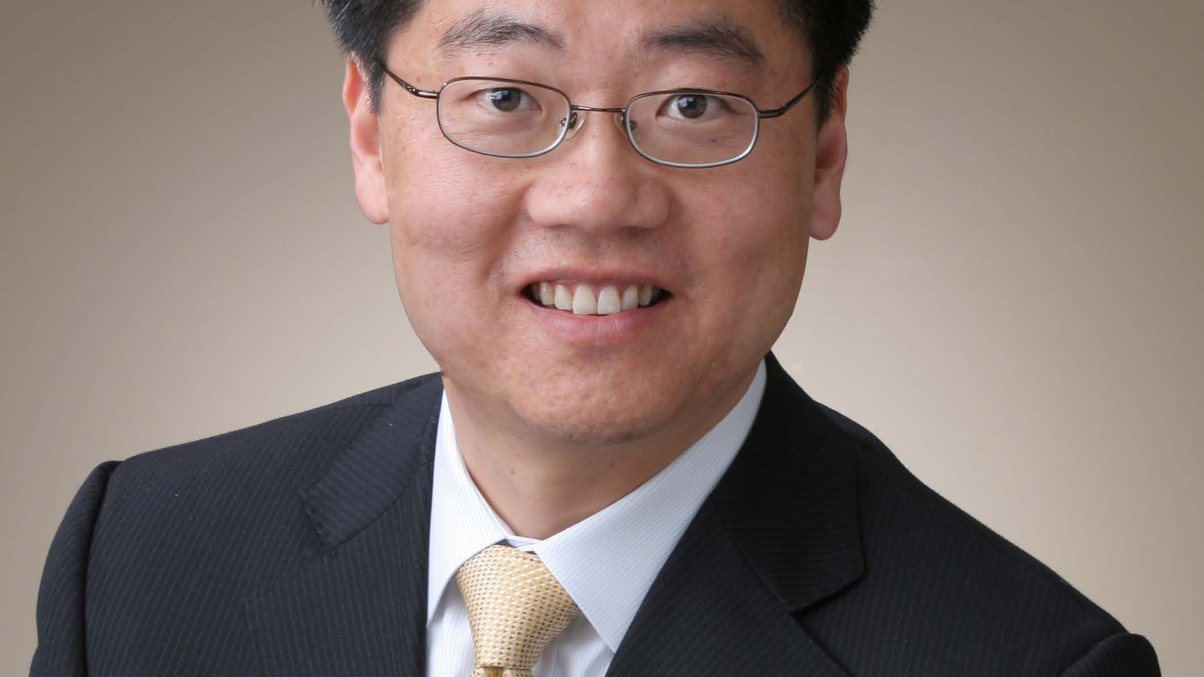We’re a good match, says PineBridge's new global CEO
David Jiang has started at active manager PineBridge Investments in New York. The former Asia-Pacific CEO of BNY Mellon AM sees his Asia experience as valuable to his future role.

US-based active manager PineBridge Investments has appointed BNY Mellon Asset Management’s former Asia-Pacific chief executive David Jiang as its new global CEO.
Sign in to read on!
Registered users get 2 free articles in 30 days.
Subscribers have full unlimited access to AsianInvestor
Not signed up? New users get 2 free articles per month, plus a 7-day unlimited free trial.
¬ Haymarket Media Limited. All rights reserved.


